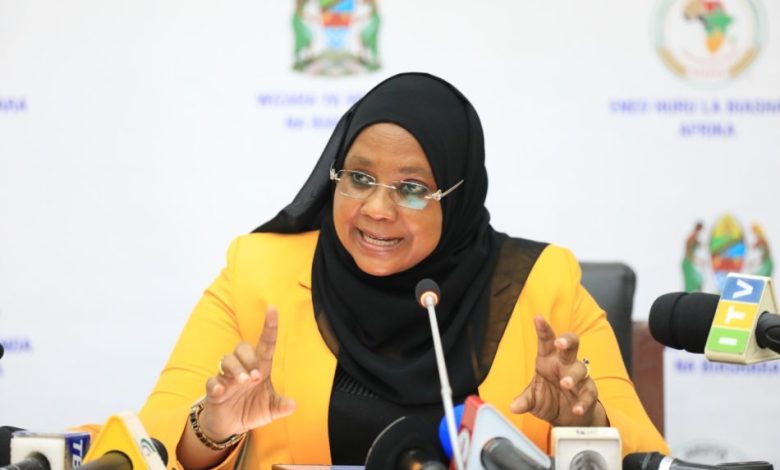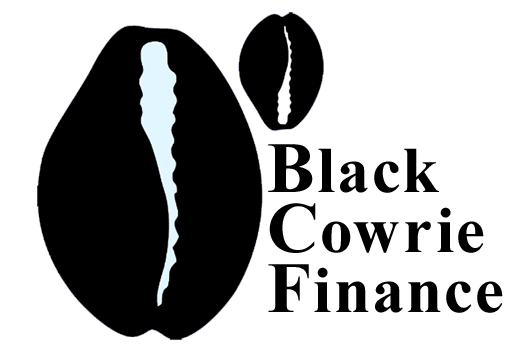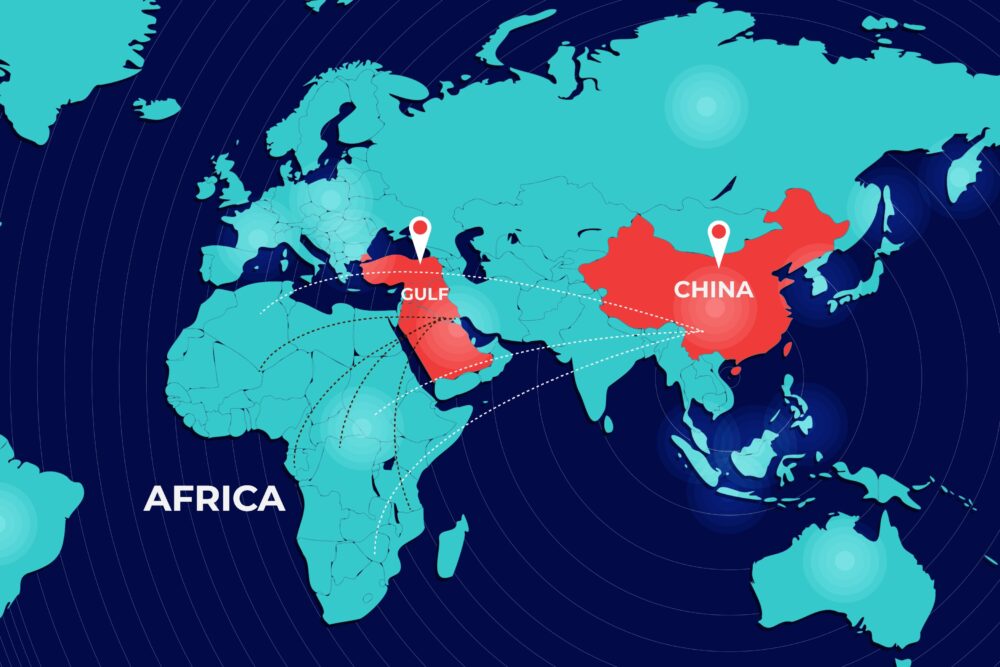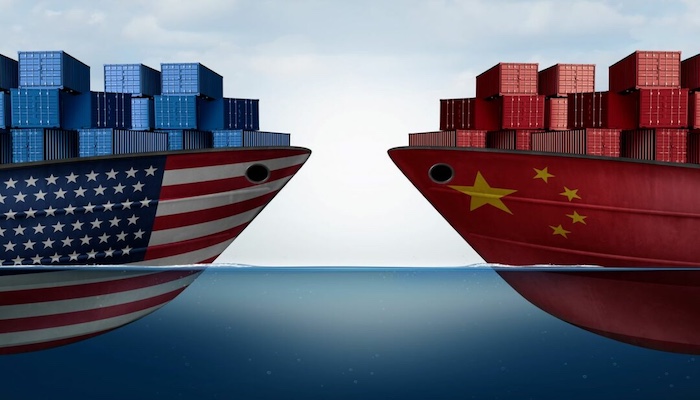
EIGHTEEN Tanzanian companies have managed to access and sell products to the African Continental Free Trade Area (AfCFTA) market in this financial year.
This is above the target set of ten companies previously planned to sell their products to the market, thus exceeding the target by 80 per cent.
Minister of Industry and Trade Dr Ashatu Kijaji said this on Thursday in an interview concerning the Second Conference of Women in Business under the African Free Trade Area (AfCFTA) which will be held next week.
“Tanzania was among the first eight countries that were given priority to send ten products that will be the first to enter the AfCFTA market from July this year, but in less than six months we have been able to have 18 companies participate,” said Dr Kijaji.
She said among the companies three are owned by women that are ANISIA Group (Tanzania) which sells clove products in Morocco and AJA (T) Ltd which sells hemp ropes, and sisal fibre in Ghana and Algeria.
She said the success was due to the awareness of business people as well as the good quality of their products including the seminars provided by the ministry in collaboration with the Tanzania Chamber of Commerce Industry and Agriculture (TCCIA), Confederation of Tanzania Industry (CTI) and other stakeholders.
Meanwhile, Dr Kijaji said the conference aims to bring together women in business to discuss, share experiences and solve the challenges they face in business to enable women to set strategies to strengthen their participation in business within Africa under the AfCFTA Agreement.
“It also enables them to benefit from opportunities businesses found by the agreement to increase employment and promote a strong economy for the nation and society as a whole.
“Women are at the heart of business and have been an important catalyst in the development of the world economy, so they need to be included to take advantage of the opportunities provided under the agreement,” Dr Kijaji said.
Dr Kijaji insisted that it is important to produce quality and affordable products so that they can attract large markets in the East Africa Community (EAC), Southern African Development Community (SADC), AfCFTA and the rest of the world.
Source: Daily News








